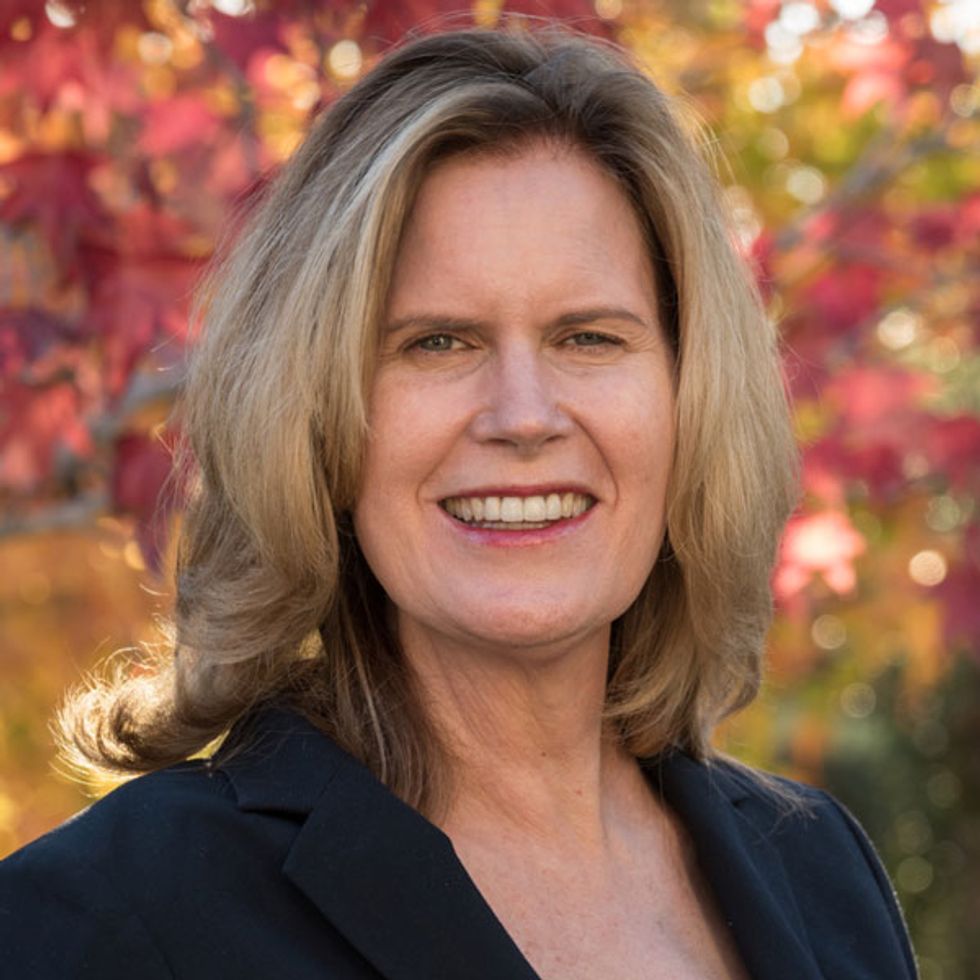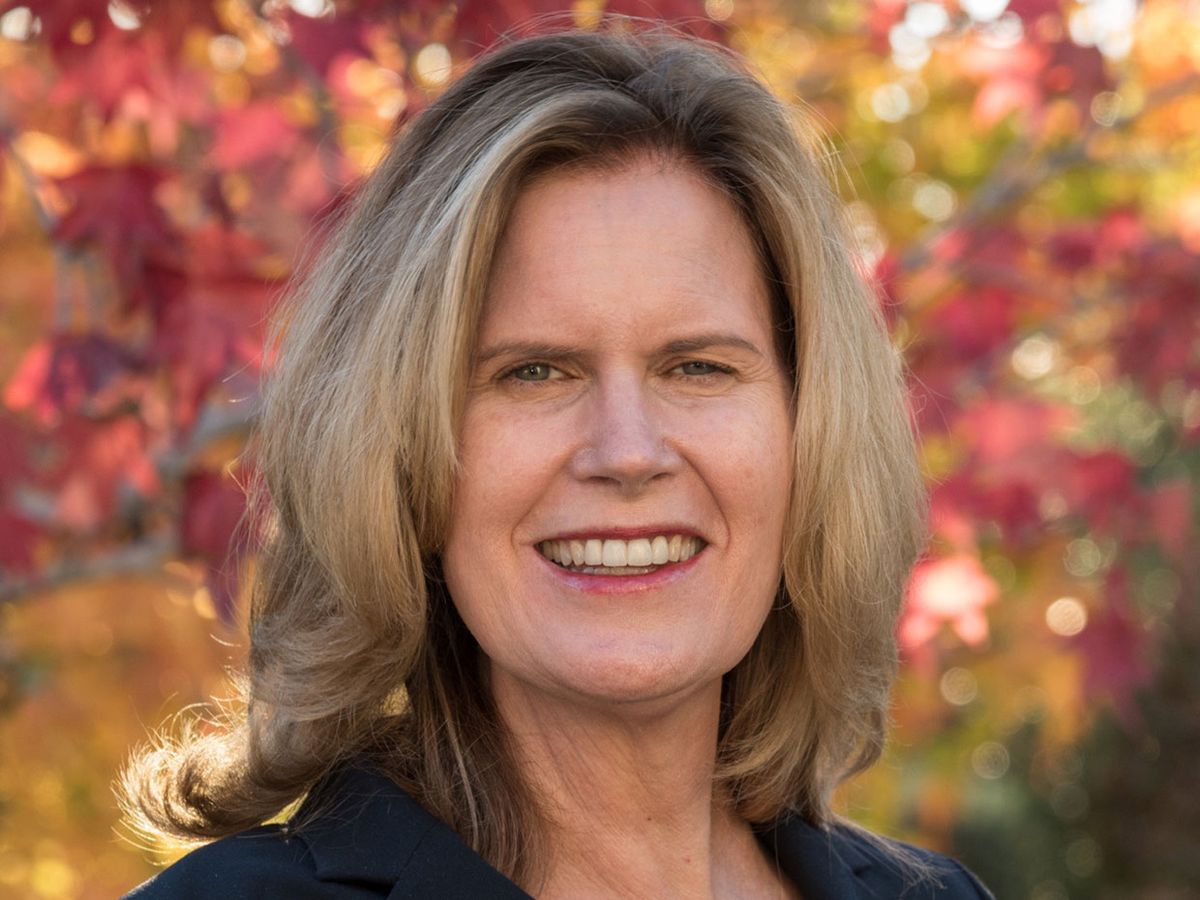
THE INSTITUTEIEEE Senior Member Kathleen Kramer is a professor of electrical engineering at the University of San Diego in California. Her technical interests are in multi-sensor data fusion and applications of neural and fuzzy systems to navigation and data security.
She is a distinguished lecturer for the IEEE Aerospace and Electronics Systems Society (AESS) and served as the AESS vice president of Education from 2016 to 2018. She is also the 2019 IEEE secretary, the current chair of the IEEE Governance Committee, and served as the 2017 and 2018 director of IEEE Region 6 (Western U.S.). She is a leader of and has a professional home in the IEEE San Diego Section.
What are you currently reading?
I often read fiction when I am not working, especially while traveling. I have been reading Steal the Dragon by Patricia Briggs while I am awaiting my pre-order of Cast in Oblivion by Michelle Sagara. On the non-fiction front, I have been trying to get through Straight and Crooked Thinking by Robert Henry Thouless and the audio book Talk Like TED. I travel a lot—my Kindle account says I read 259 books last year.
What invention has inspired you the most?
To use the word “invention” in a broad sense, Claude Shannon’s pioneering of the field of information theory. Prior to my first quarter in graduate school, I had never heard of Shannon nor information theory. I found the concepts of communication systems, digital representations, channel capacity, and information entropy transformational to my own thinking and highly relevant to technical topics where most people know little or nothing about information theory.
What movies or live shows have you enjoyed the most in recent years?
Most recently, I watched the movies Aquaman and Fantastic Beasts: The Crimes of Grindelwald. I have never used Netflix, but I did just buy a subscription to Amazon Prime’s Brit Box, a subscription video-on-demand service focused on British television, and found it full of marvelous programs.
The best Vegas show was Cirque du Soliel’s: The Beatles LOVE.
What about current technology worries you?
Engineers, computer scientists, and technologists often know too well how to just repeat the same solution, or worse, copy someone else’s work rather than understanding enough to invent on their own. For students, this means trying to program by finding code to copy rather than learning how to program. Applying this no-understanding-needed approach to advancing technical efforts where there are potentially grave impacts, like genetics or autonomous vehicles, is particularly worrisome.
What in recent years has surprised you the most?
How quickly autonomous vehicles went from multimillion-dollar military applications requiring multiple aerospace firms’ involvement to now and in the near future of increasing the use of autonomous vehicles for real people.
What was the best advice anyone has given you?
To go to Caltech for graduate school.
More general pieces of advice include: Graduate school is more than getting good grades. You have to know what the important problems are, and how to learn and keep learning. A totally different piece of advice that I overhead and often retell is, “I respect you less when you don’t negotiate for a higher starting salary.”
What has been or is your favorite equation or concept in engineering, and why?
In addition to Claude Shannon’s information theory that I previously mentioned, another favorite of mine is Kalman filtering—really extended Kalman filtering and linear quadratic estimation—has transformed our ability to use signal processing on measurements for estimation and prediction.
What have been important life lessons for you that you might be able to share with us?
Here are three lessons that are important to me:
- Ensure every endeavor you spend your time on is made better because of your direct involvement —or don’t waste your time, and others by being involved. I am engaged in many activities but for them to be worth my limited time, I need to make sure that my involvement makes a real, positive difference.
- Look for role models rather than rivals. I love to win, but my being a winner doesn’t make others losers. Someone else winning means I have the opportunity to learn from that person about how to do something more successfully. I can choose to be inspired by greatness in others.
- If you are a woman or of another underrepresented group, and contributing technically, you get noticed. People will ask about your credentials more often. Carry yourself with authentic confidence. The extra recognition can increase the impact of your words and actions—use your superpowers for good.
How many unread emails are in your inbox?
22,971 as of this morning. This is rather shocking, even to me.
What should IEEE be (more) involved in?
Short answer: I had three key rules as director of IEEE Region 6, and I feel that all IEEE leadership should also follow them.
- Be cool. Be creative.
- Use your superpowers for good.
- Don’t be boring.
Long answer: IEEE should be involved more where its expertise in its fields of interest provides a compelling and unique advantage, where we are or can be the true thought leaders, where our expertise is providing society and humanity with help that no other organization can provide at a similar level, and where we really serve the [technical] needs of our members.
This applies across the organization. Our strongest sections, societies, conferences, publications, standards, initiatives, committees, and activities are all doing great work with best practices that demonstrate IEEE to be a thought-leader. We need to do more of this throughout IEEE. As a regular, systematic process, though, it’s hard (but important) to move on and transform long-term organizational efforts for today and tomorrow.
